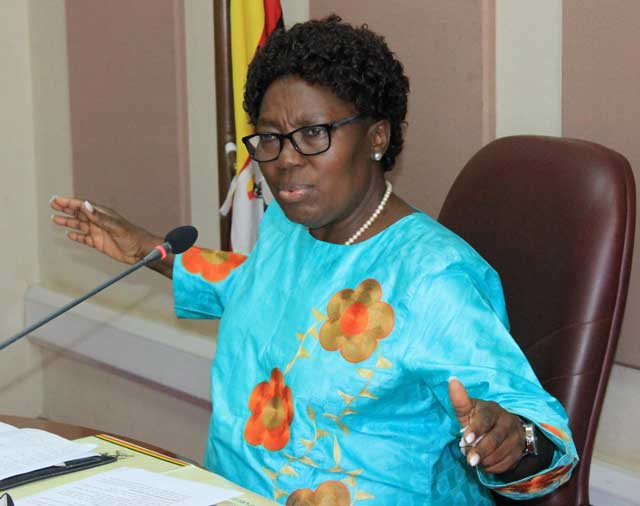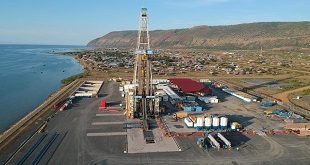
Kampala, Uganda | THE INDEPENDENT | Parliament has rejected a proposal by President Yoweri Museveni to increase the excise duty on beer with the aim of generating Shillings 52.5 billion in revenue. Also rejected are proposals to increase the excise duty on wines to generate Shillings 130 million as well as other fermented beverages including cider, perry, mead, spears and near beer to raise Shillings 12 billion.
The decision was reached in plenary chaired by the Speaker Rebecca Kadaga, where the MPs adopted a report by the Finance Committee in regard to the reconsideration of the Excise Duty (Amendment) Bill, 2020, which was returned by the president on June 1st, 2020. In his letter, the President appealed to parliament to approve the tax proposals to together with others, saying failure to do so would exacerbate the already precarious situation arising from the poor revenue outlook.
“It is Government’s key fiscal goal to raise revenue to GDP ratio to 18% by the Financial Year 2023/2024 as envisaged in the Domestic Revenue Mobilization Strategy (DRMS) in order to finance the Budget and enhance the delivery of public services. The DRMS was developed after taking cognizance of our low revenue effort compared to the East African Region and the Sub Saharan African average,” reads part of the President’s letter.
He noted that Uganda’s revenue effort stands at 13.2% of GDP as of financial year 2018/2019, which is below the Sub Saharan African average of 16%. Despite the President’s appeal, the Finance Committee Chairperson, Henry Musasizi recommended to Parliament that the proposed increase of taxes on beer will generally result in higher prices for consumers and a reduction in the volume of beer consumed, which affect the taxes collected by the government.
“If government prices formal beer or alcohol out of reach, the sector will revert to a worse situation with people opting to drink the harmful illicit brews that can result in death. This will have a negative effect on the locally produced raw materials like sorghum, barely, maize and cassava with decreased demand that will in turn affect household incomes negatively,” said Musasizi.
In regard to increase of Excise Duty on wine made from locally produced raw materials to 20 Percent or Shillings 2300, Musasizi said that this would discourage domestic production especially the small and medium enterprises, discourage agro processing in the fruit and vegetable sectors and specifically the processing of wine which is one sure way of fruit preservation and value addition.
“The new proposed excise duty will reduce the number of those engaged in processing fruits and vegetables hence reducing the returns to farmers and exposing them to few processors who will pay low prices because of reduced demand and lack of competition. This sector is still growing and needs to be protected as Uganda is still exporting raw fruits especially pineapples. There is need to maintain the current Excise Duty rates to encourage more investment in this sector, boost production and generate more,” reads the committee report.
Parliament unanimously adopted the committee proposals. Parliament also adopted the committee position on other tax measures recommended by the President. The MPs approved the proposal by Museven to increase Excise Duty on ready to drink spirits that will see the generation of Shillings 20 billion in revenue. Parliament also increased Excise Duty on lubricants from 10 Percent to 15% of their value.
But this will not apply to aircraft lubricants and those used in manufacturing. The measure is estimated to generate Shillings 9 billion. “The main rationale for increasing excise duty on lubricants is to raise revenue. Lubricants are an important component of usage of motor vehicles as it is used by all vehicle owners, including the non-compliant taxpayers. The increase takes into account the contribution of lubricants to pollution of the environment,” said Musasizi.
Legislators also agreed with President Museveni and exempted from taxation the oil used for power generation in West Nile Region, which isn’t connected to hydro-electric power.
********
URN
 The Independent Uganda: You get the Truth we Pay the Price
The Independent Uganda: You get the Truth we Pay the Price


